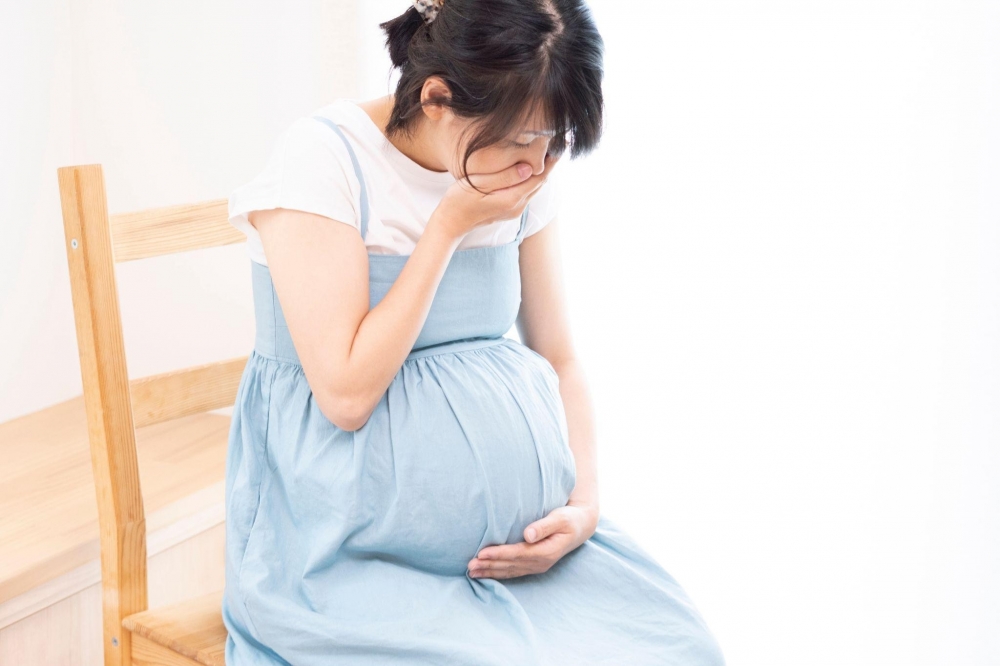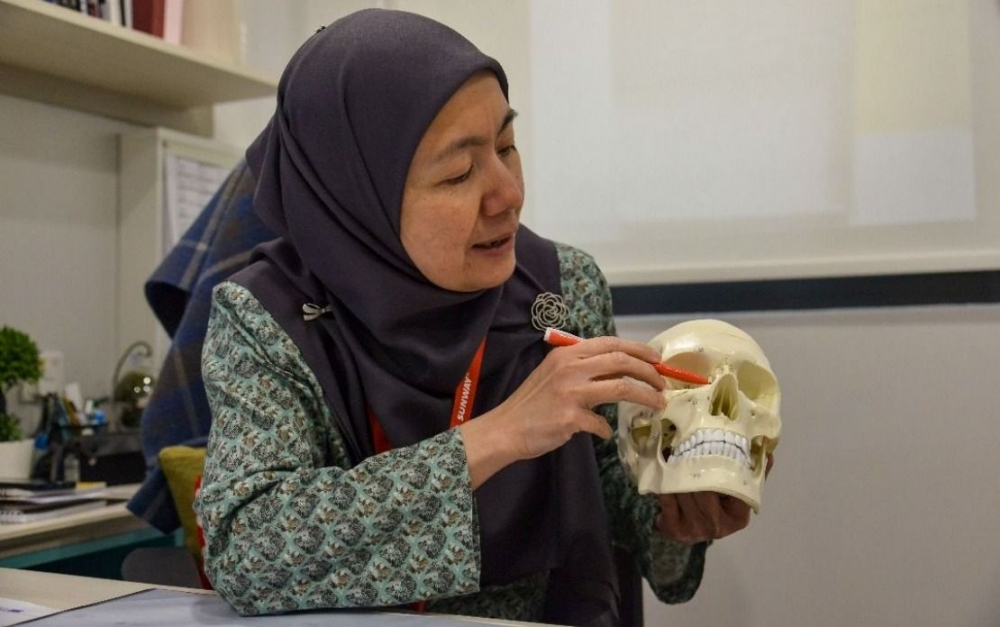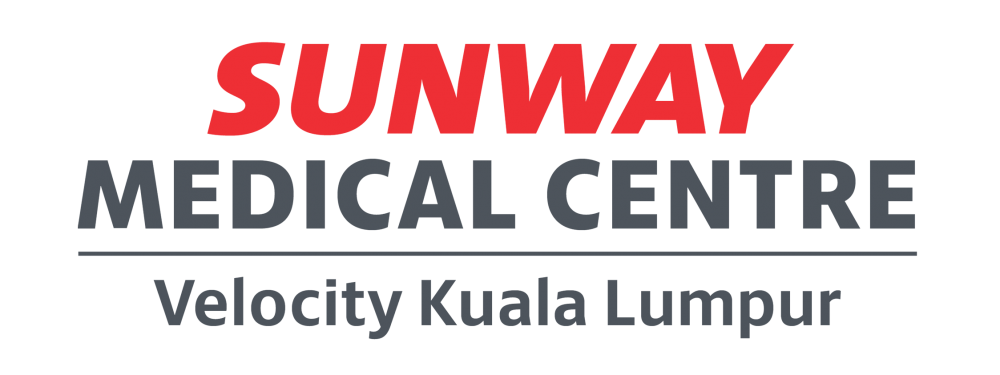Not Just a Lump: Breast Health Signs You Shouldn’t Ignore — Especially for Young Women
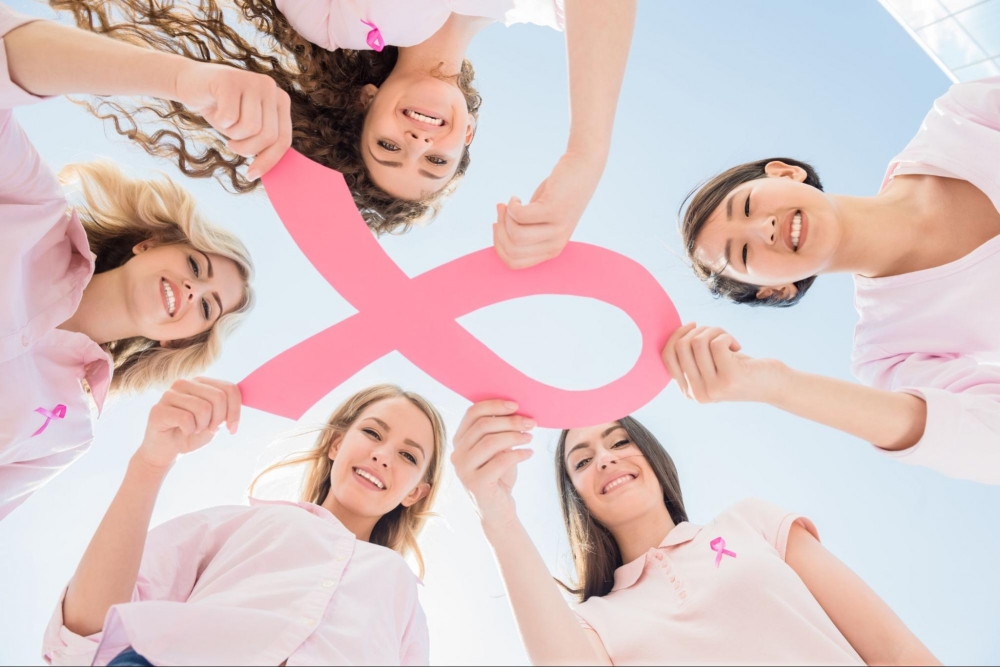
When it comes to breast cancer awareness, much of the conversation tends to focus on older women. But did you know that breast cancer can, and does, occur in younger women too — even those in their 20s and 30s?
This Pink October, we want to shift the focus slightly: from general awareness to early self-awareness. Whether you're 25, 35, or just starting your career and haven’t even thought about marriage or children yet — your breast health still matters.
Let’s learn together with Dr.Tan Yee Ling Consultant General Surgeon, Breast & Endocrine Surgery as we explore the lesser-known signs of breast changes, lifestyle tips to support your breast health, and why younger women should still take proactive steps.
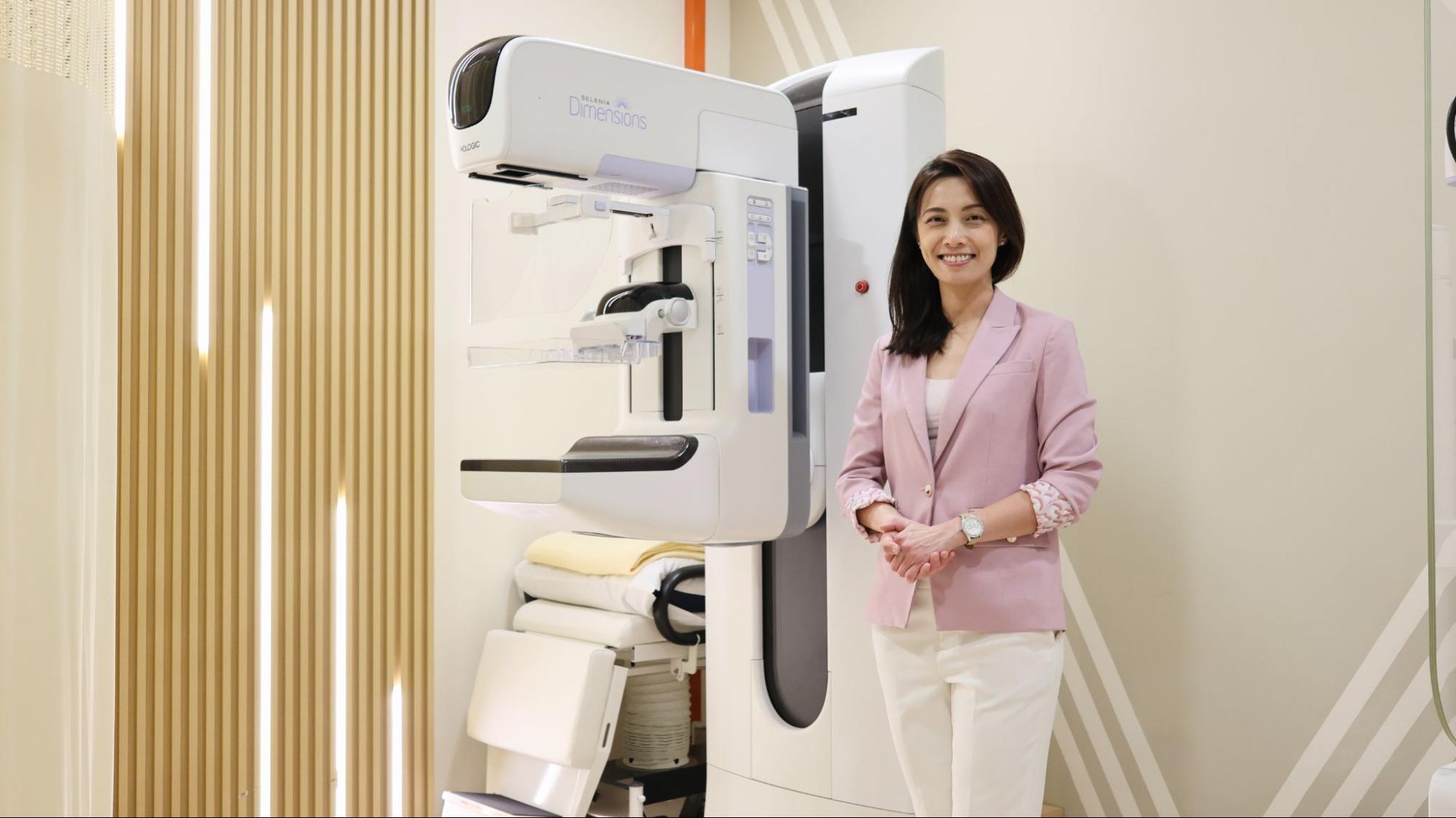
First Things First: Can Young Women Get Breast Cancer?
Yes — breast cancer can and does affect women under 40. While it’s more commonly associated with older age, younger women are not immune. In fact, breast cancer in younger individuals is often more aggressive, less likely to be detected early, and frequently misunderstood or dismissed because of age assumptions.
Some common challenges younger women face:
- Dismissed symptoms (“You’re too young to worry about cancer”)
- No routine screening (like mammograms) recommended under 40
- Denial or delay in seeking care
- Hormonal factors (such as early menstruation or irregular cycles)
- Lack of awareness due to being unmarried or without children
That’s why this article isn’t just about awareness — it’s about empowerment through early recognition.
6 Breast Changes to Watch Out For (Even Without a Lump)
You don’t need to wait for a lump to appear before acting. Here are early, subtle signs that deserve your attention:
- Skin dimpling or thickening
Looks like orange peel texture – could indicate inflammatory breast cancer. - Sudden nipple inversion or change in direction
Especially if it’s new or affecting only one side. - Discharge that’s bloody or persistent
Even without touching or squeezing. - Swelling or size difference between breasts
Especially if one feels firmer, warmer, or looks visibly different. - Unusual pain in one area
While breast pain is common during periods, persistent pain in one spot is not. - Redness, rash or itch that won’t go away
Could be mistaken for skin allergy — but if it lingers, get it checked.
“But I’m Not Married Yet. Should I Still Check?”
Absolutely. Being single or not planning a family doesn’t reduce your breast cancer risk. In fact, some studies show that women who haven’t had children or had children later in life may have a slightly higher risk due to prolonged oestrogen exposure.
Here’s why unmarried women might be more at risk of delayed diagnosis:
- No regular gynaecological or breast check-ups
- Lack of awareness of hormonal changes or family history
- Less likely to prioritise self-exams
- Cultural taboos about discussing breast issues openly
It’s time to break that silence.
Your breast health is part of your overall health, not just a maternal milestone.
Know Your Risk (Even if You’re Young)
While being young is often seen as a protective factor, some risk factors can still apply under 40, including:
- Family history of breast or ovarian cancer (especially BRCA1 or BRCA2 genes)
- Dense breast tissue
- Early menstruation (before age 12)
- Lifestyle habits like smoking, alcohol, poor diet, and lack of physical activity
- Long-term hormonal contraception (talk to your doctor about risks and benefits)
Maintaining breast health isn’t just about screening — it also involves proactive lifestyle choices, simple steps like balanced nutrition, maintaining a healthy weight, and managing hormones can make a difference — especially for younger women.
Here are some breast-friendly health tips to take note of:
- Load up on antioxidant-rich fruits and vegetables (e.g. berries, broccoli, tomatoes)
- Include healthy fats like omega-3s from salmon, walnuts, or chia seeds
- Cut down on processed meats, sugar, and trans fats
- Stay physically active to reduce body fat and support hormone balance
How About Collagen? — A Note on Breast Health and Supplements
Collagen supplements and injectable beauty enhancers like hyaluronic acid are increasingly popular, especially among young women seeking glowing skin or joint support. But while these products may seem harmless, it’s important to know that not all health supplements, especially external collagen, are suitable for everyone. Without proper research or medical guidance, some supplements could potentially disrupt the body’s natural balance.
In certain cases, collagen may influence tissue changes that support tumour initiation, particularly in sensitive areas like the breast. That’s why it’s always best to pause before starting any new supplement — and seek advice from a doctor or dietitian. Whether you’re focused on beauty, wellness, or recovery, expert guidance ensures your choices are truly supporting your long-term health and safety.
Screening: What to Do If You’re Under 40
If you’re under 40 and don’t yet qualify for routine mammograms, here’s what you can do:
Do monthly breast self-exams
Get to know what’s normal for you — and notice when something changes.
Schedule clinical breast exams with a doctor
Every 1–2 years if you're under 40; more often if you’re at higher risk.
Discuss your family history
Genetic counselling or early screening may be advised if there’s a strong family history of breast or ovarian cancer.
Don’t wait
If something feels off — even if you’re young — don’t delay seeking a medical opinion.
This Pink October, the Message is Clear:
You don’t need to be married, pregnant, or over 40 to start caring about your breast health.
It’s time we stopped assuming breast cancer only affects “older women.” Let’s encourage our younger sisters, colleagues, and friends to check in with themselves — because early awareness leads to early action.
Because the earlier we detect, the better we protect.
Ready to Take the First Step?
If you’ve noticed any changes, have a family history, or simply want to take a proactive approach to your breast health — don’t wait for the “right” time. The right time is now.
Dr. Tan Yee Ling, our Consultant General Surgeon, Breast & Endocrine Surgery, is here to guide you through your concerns with care, clarity, and clinical expertise. Whether it’s a routine check, a second opinion, or simply a safe space to ask questions — we’re here for you.
Remember, taking charge of your breast health is not just an option — it’s an act of self-respect, strength, and love.
这篇文章对您有帮助吗?
有0 位用户在 0 位中觉得这很有帮助。
Suggest to Read
